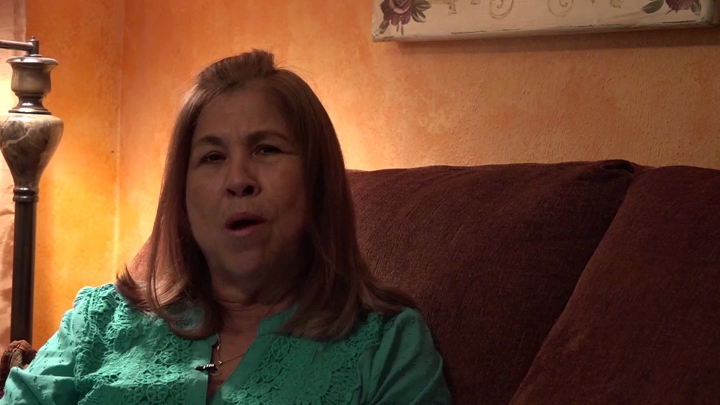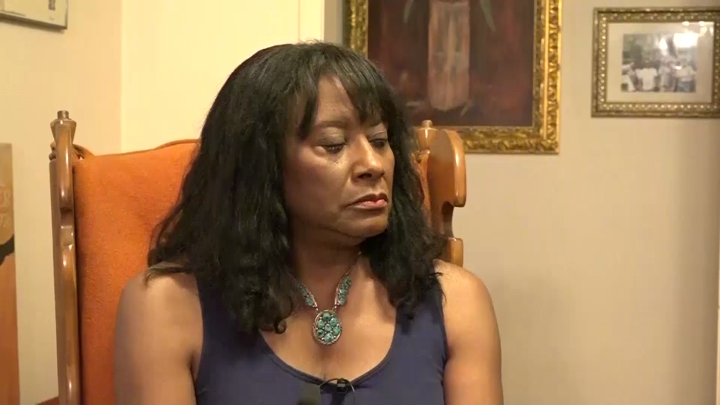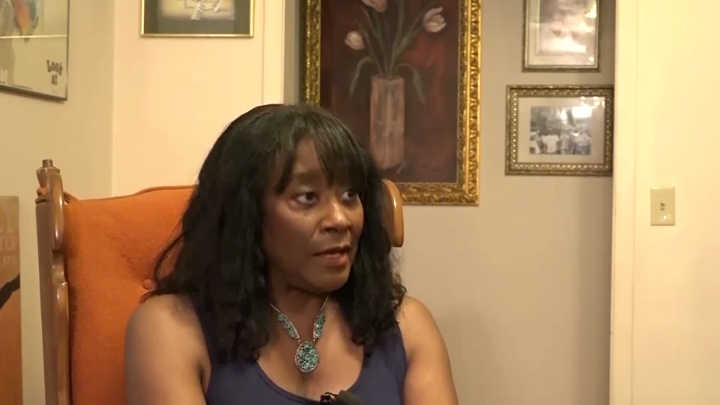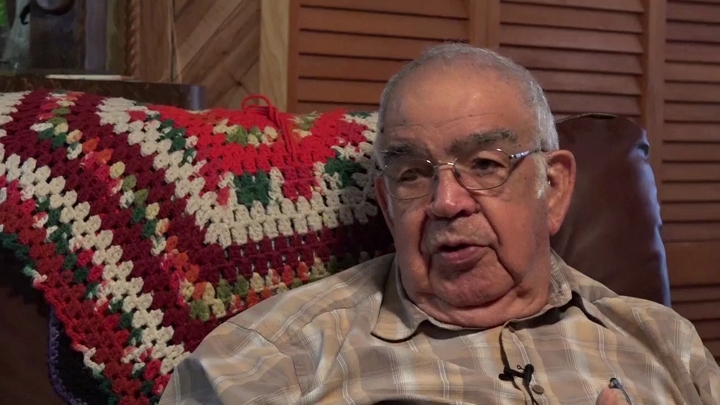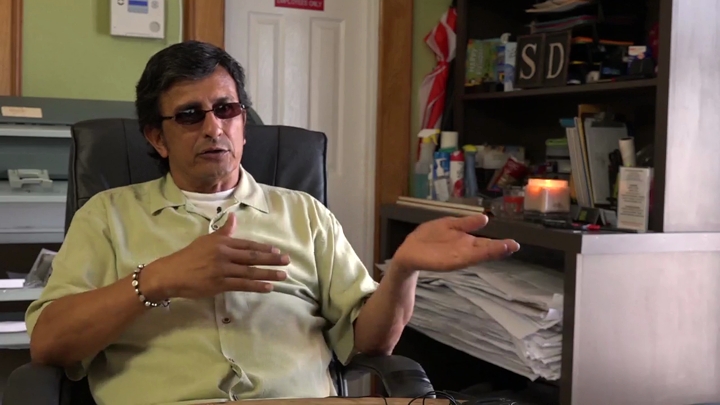Benham / Activism in Lufkin, TX
sign up or sign in to add/edit transcript
Interviewer: So, obviously, there was difficult times growing up in a segregated neighborhood. Uh, can you remember any kind of activism as a child? Benham: Um, looking back when I went to elementary school, an elementary school called Carver, it - it no longer exists and it was right off Grosbeck. And uh, my mother had divorced my dad, so I was living with my stepfather, Oscar Kennedy, my mother Betty Kennedy, on Paul Avenue. So, I'm sure you've been down the street to Timberland Drive? Interviewer: Mhmm. Benham: So, uh, where the school was, in order to get home and go to school, we had to cross Timberland Drive and go home. Children live in Lufkin land, and I remember, cause they had white businesses, at that time, and they did not like us walking in front of their businesses. And they told us that we could no longer walk in front of their businesses, we had to walk behind their stores to go home. Now can you imagine, crossing Timberland and the businesses there at that time, having to go behind their business to get home? And this- what I remember, the principal of the school, which was Lacey Chimney at the time, I believe, at the time, and I think some of the parents, said no, no. We are not going to tolerate this. And I can't remember, did we start walking back and front? I can't remember all the details, or did people start taking us to school, I can't remember, but I remember we didn't have to walk behind the stores anymore. That was really- that was a touchy time there, because I can guarantee that we couldn't shop at those businesses that we were walking in front of. Interviewer: So about what time, do you think this was year wise? Benham: This was in the sixties. Interviewer: Okay, umm. Benham: Cause I was in the, uh, second grade. Interviewer: Wow. Benham: Second, third grade. End of Video.


